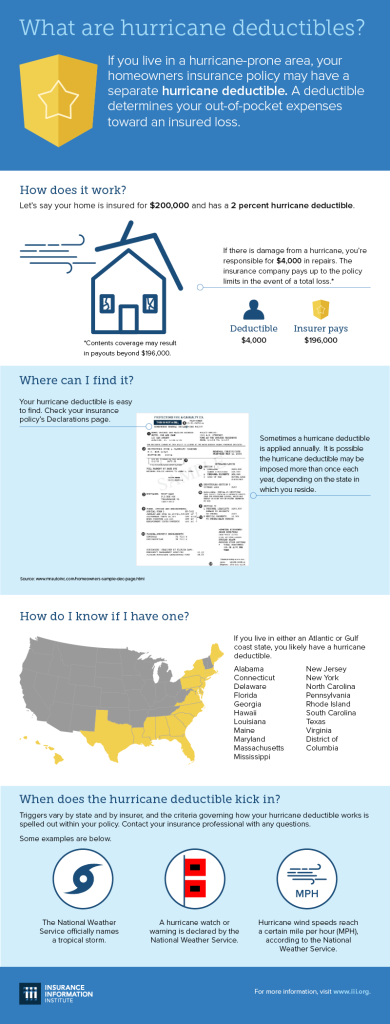Floridians should be alert for the potential impacts of Hurricane Ian, which is forecast to make landfall in the state in the middle of this week, according to the Insurance Information Institute (Triple-I).
The Triple-I offers these preparedness tips for all residents in Ian’s path:
- Review your evacuation plan and, if you have a pet, your pet’s evacuation plan
- Make sure your hurricane kit includes a minimum seven-day supply of non-perishable food and drinking water (one gallon per person, per day) for all family members and pets, as well as a one-week supply of medications for everyone in your household.
- Write down the name and phone number of your insurer and insurance professional and keep this information either in your wallet or purse
- Purchase emergency supplies, such as batteries and flashlights
- Fully charge your cell phones so you can receive weather alerts
- Prepare your yard by removing all outdoor furniture, lawn items, planters and other materials that could become airborne due to high winds
- Fill your car’s gasoline tank
Damage caused by hurricanes and tropical storms are covered under different insurance policies, according to the Triple-I.
Wind-caused property damage is covered under standard homeowners, renters and business insurance policies. Renters’ insurance covers a renter’s possessions while the landlord insures the structure.
Property damage to a home, a renter’s possessions, and a business – resulting from a flood – is generally covered under a FEMA National Flood Insurance Program (NFIP) policy, if the homeowner, renter or business has purchased one. Dozens of private insurers also offer flood insurance.
Private-passenger vehicles damaged or destroyed by either wind or flooding are covered under the optional comprehensive portion of an auto insurance policy. Nearly 80 percent of U.S. drivers choose to purchase comprehensive coverage.

RELATED LINKS:
Videos:
Triple-I CEO Sean Kevelighan Talks Hurricane Preparedness
Hurricane Preparedness Tips
Facts & Statistics:
Hurricanes
Articles:
Catastrophes: Insurance Issues
Hurricanes and Windstorm Deductibles
Understanding Your Insurance Deductible
Preparing an Effective Evacuation Plan









